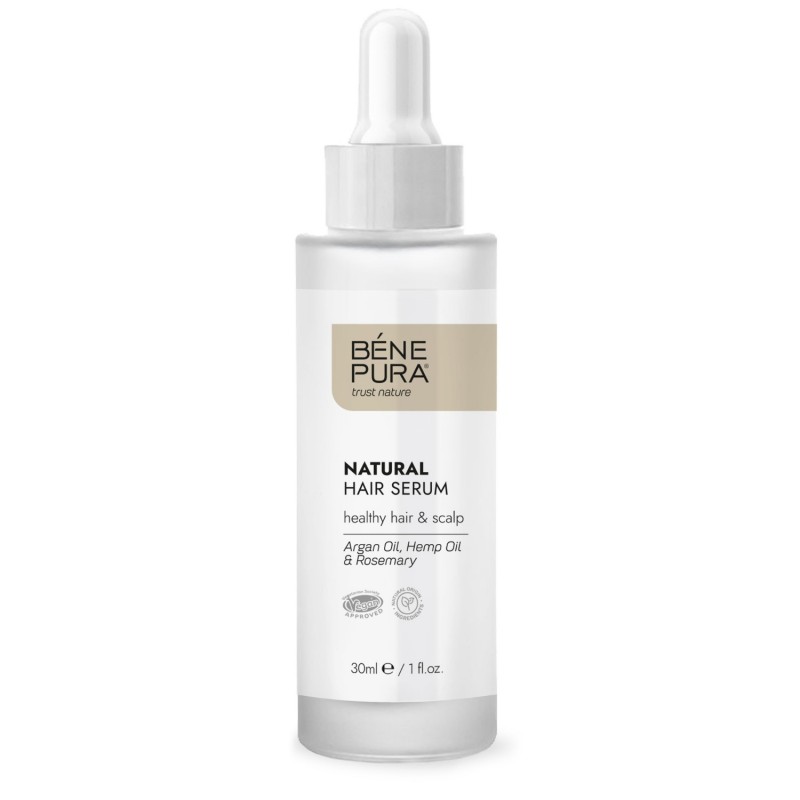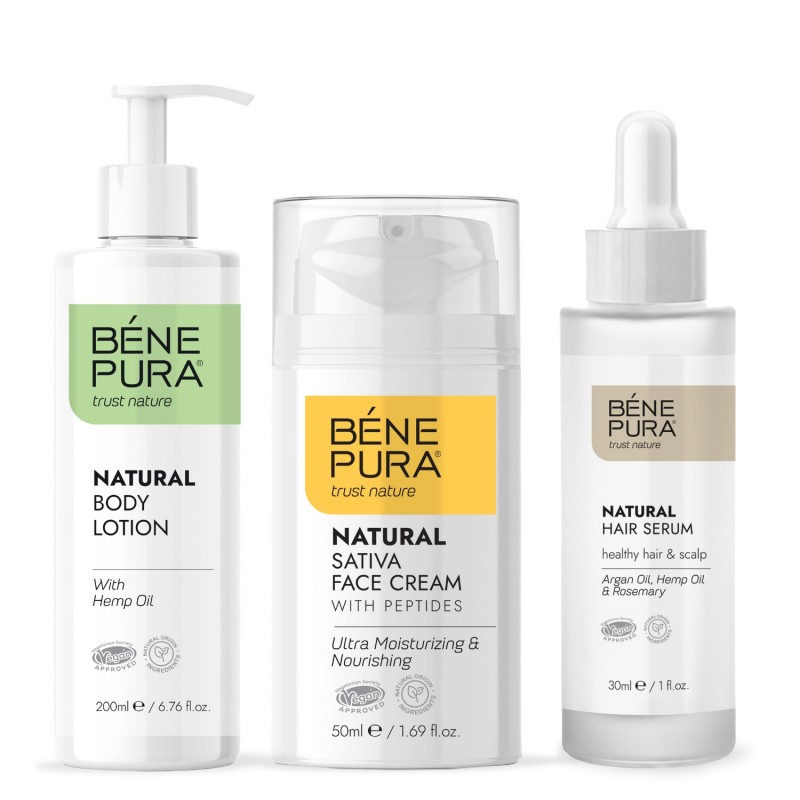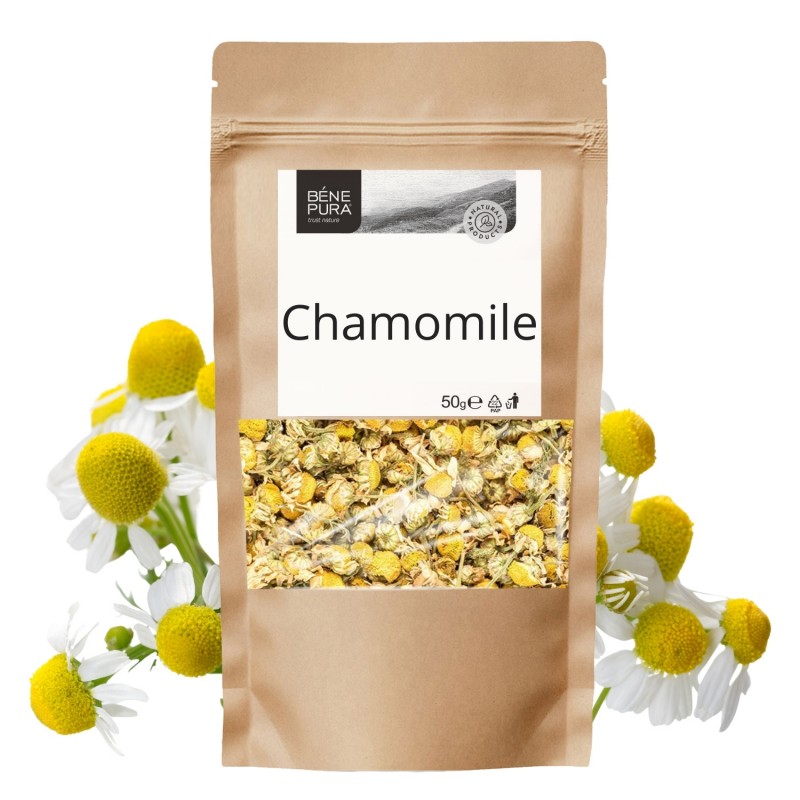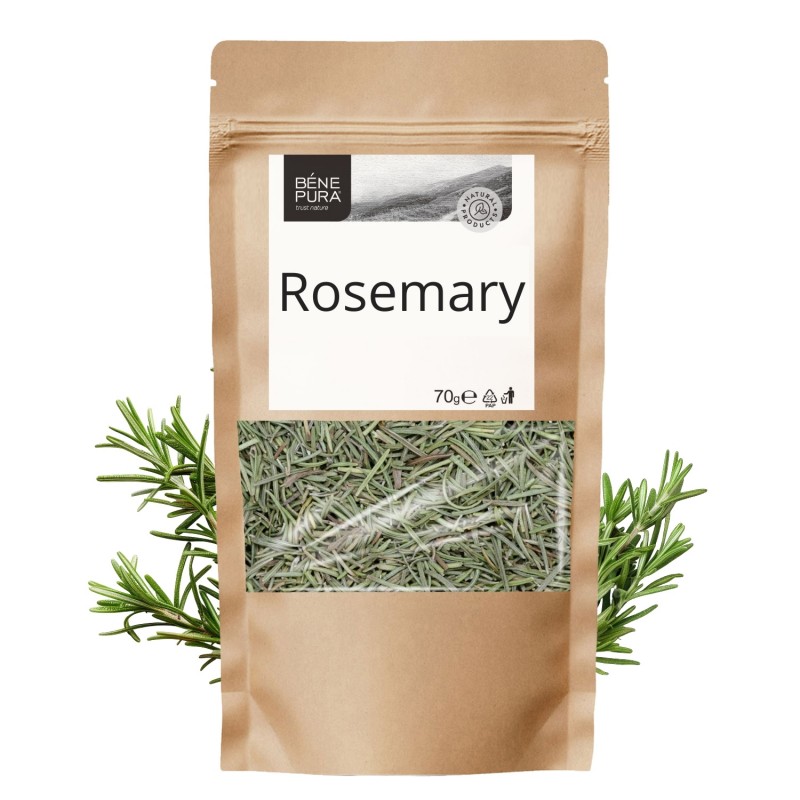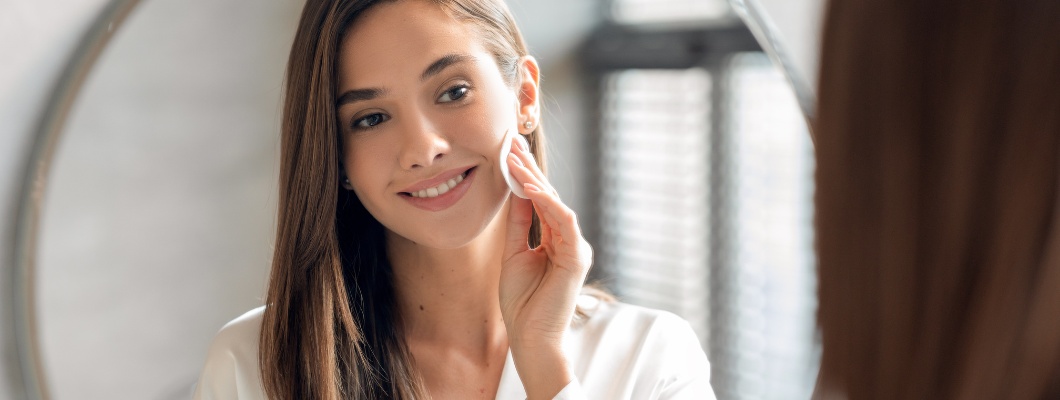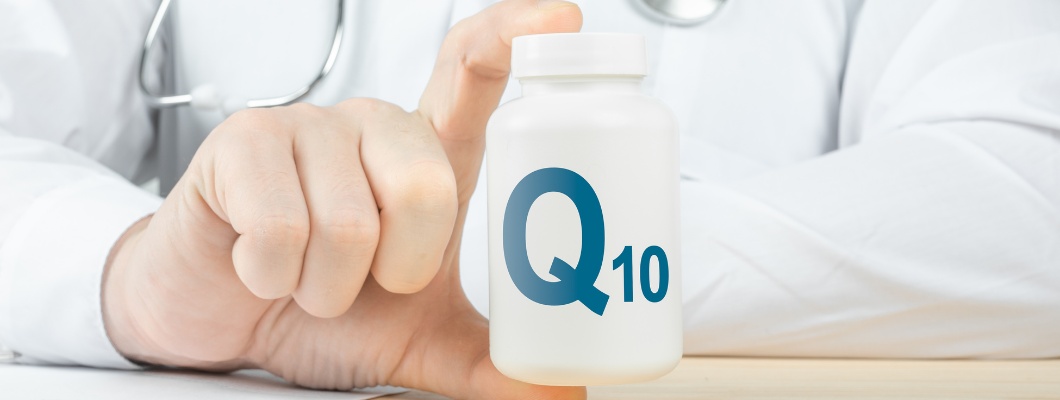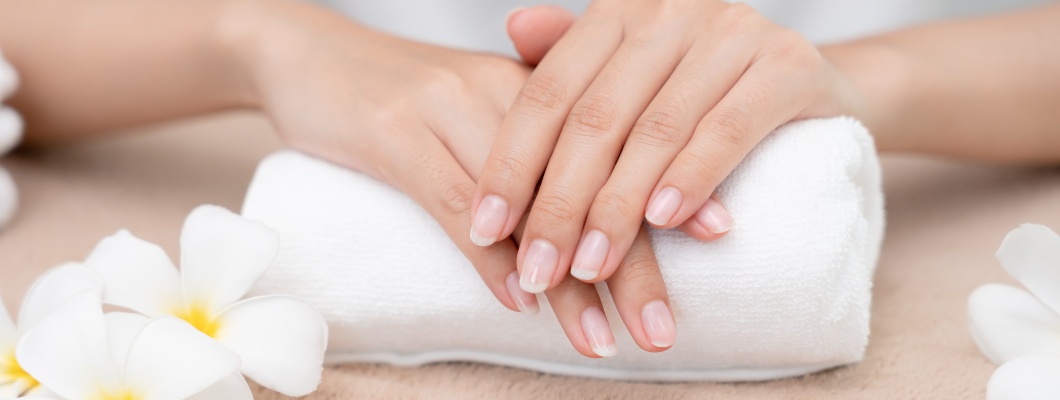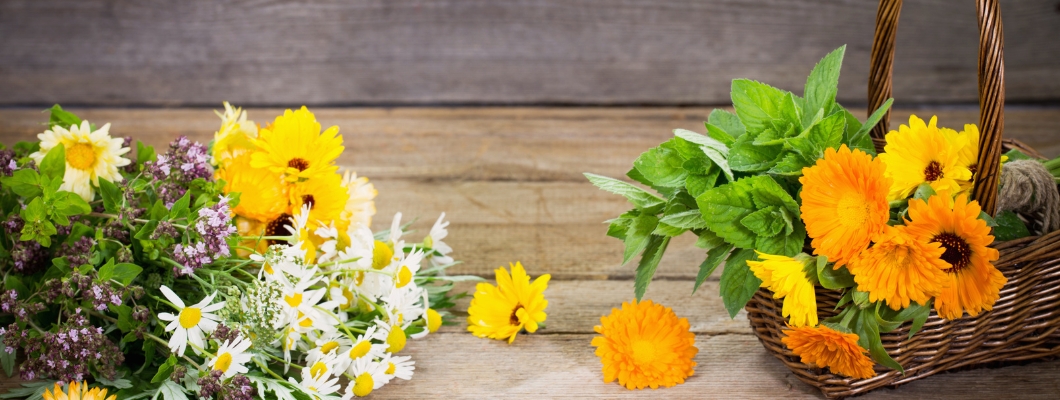How to Maintain a Healthy Scalp and Avoid Itching?
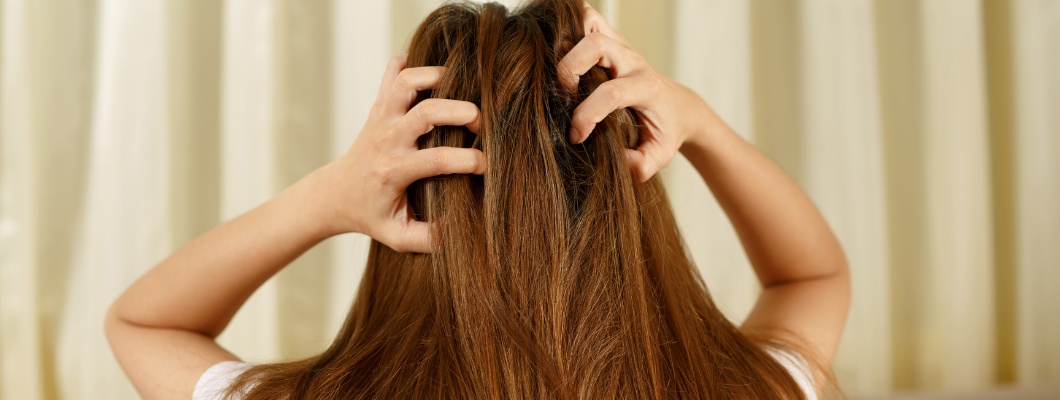
An Itchy scalp is an unpleasant sensation that can range from mild irritation to intense, incessant itching that makes daily life difficult and affects your self-esteem.
An Itchy scalp is not just a temporary nuisance but can be a sign of an imbalance in the scalp or even more serious medical conditions.
In this article we will look at the most common causes of an Itchy scalp, methods for its treatment and ways we can prevent it.
You will learn how to properly care for your scalp, what natural remedies can help and when it is time to seek professional help.
Table of Contents
1. What is Itchy Scalp?
An itchy scalp is not just a common irritation but a condition that can have different manifestations and causes. Depending on its severity it can range from a mild and temporary itch to chronic discomfort that interferes with normal daily life.
In addition to physical symptoms Itchy scalp can lead to mental stress and discomfort, especially if it is accompanied by visible skin changes such as redness, scaling or sores.
How does Itchy scalp manifest itself?
- Itching can be localized to only certain areas of the scalp or cover the entire head;
- In some cases itching is short-lived and goes away after changing shampoo or improving hygiene habits. In other cases it can become chronic and require long-term treatment;
- Itching may be accompanied by other sensations such as burning, tightness or soreness.
How does itching affect daily life?
- Frequent scratching of the head not only worsens the problem, but can also lead to further complications;
- If the skin on the scalp is irritated, constant scratching can cause micro-cuts and lead to infections;
- When people experience constant itching it can distract them, disrupt concentration and even interfere with sleep.
2. Why does Scalp Itching Occur?
Itchy scalp can be caused by a variety of factors from external irritants to internal health issues. Understanding the exact cause is crucial to effective treatment.
Here are the most common causes of an Itchy scalp and how they affect the condition of the skin:
1. Dry scalp
When the scalp doesn't produce enough natural oils it can become dry, feel tight and start to itch.
This condition often occurs in winter when humidity is low or with excessive use of harsh shampoos that strip the scalp of natural sebum. Dry scalp can also lead to flaking which is sometimes mistaken for dandruff.
How to recognize dry scalp?
- Lack of oily patches on the hair;
- Feeling of tightness and discomfort;
- Fine, dry scales without inflammation.
2. Dandruff and seborrheic dermatitis
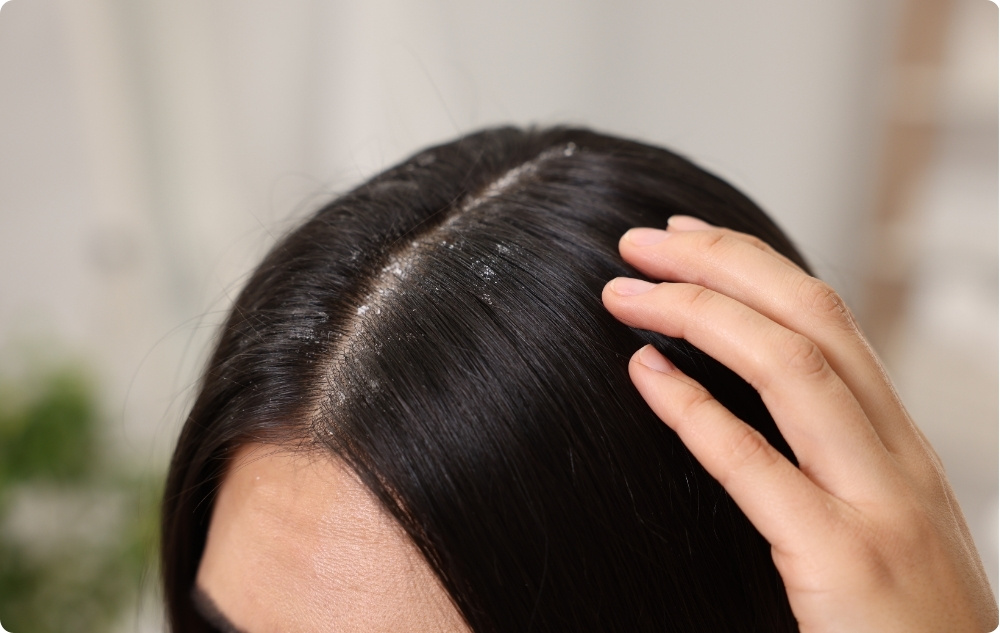
Dandruff is one of the most common causes of an Itchy scalp. It can be the result of excessive sebum production or the presence of fungi that naturally inhabit the scalp.
Seborrheic dermatitis is a more severe form of dandruff that manifests itself with redness, inflammation and oily yellowish scales.
Factors that worsen dandruff and seborrheic dermatitis:
- Hormonal imbalance;
- Stress and fatigue;
- Poor hygiene or excessive washing.
3. Allergic reactions
The skin on the scalp is sensitive to certain chemicals contained in shampoos, conditioners, hair dyes and styling products.
If the scalp reacts to an ingredient redness, itching and even a rash may occur.
How to recognize an allergic reaction?
- Itching begins soon after using a new product;
- Presence of small pimples or inflamed areas;
- Burning sensation and irritation.
4. Fungal and bacterial infections
Fungal infections such as tinea capitis (a fungal infection of the scalp) can cause itching, redness and even hair loss in the affected areas.
Bacterial infections such as folliculitis can also lead to itching and small, painful bumps.
Signs of infection:
- Severe redness and swelling;
- Appearance of crusts or scales;
- Hair loss in the affected areas.
5. Psoriasis and other skin diseases
Psoriasis is an autoimmune disease that causes thick, scaly plaques to form on the skin of the scalp.
In addition to severe itching it can lead to cracking of the skin and pain.
Other diseases that can cause itching:
- Atopic dermatitis - a chronic inflammation that often occurs in people with sensitive skin;
- Lichen planus - an inflammatory disease that causes itching and a purplish rash.
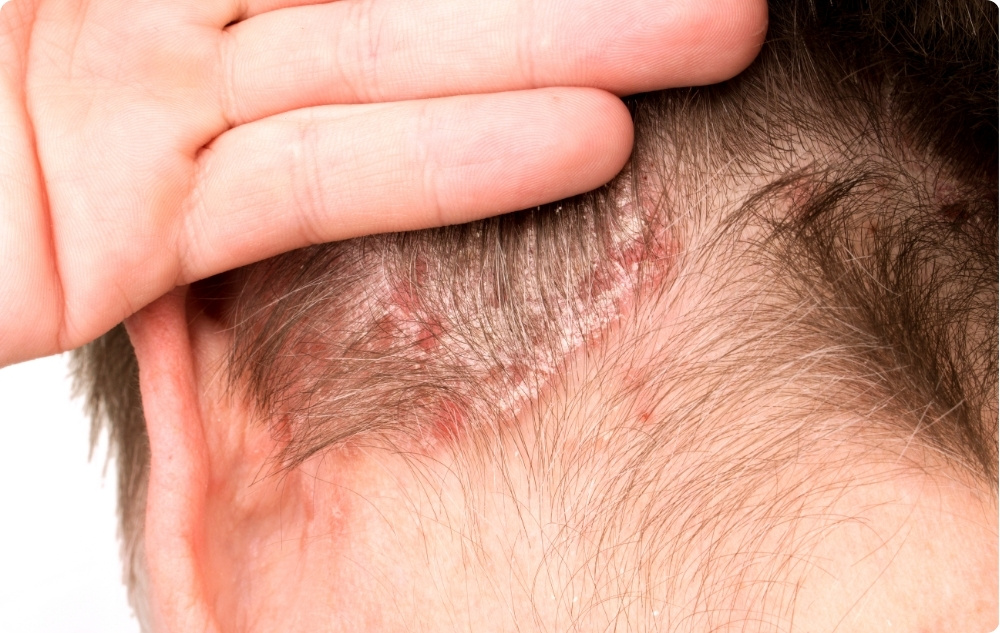
6. Lice and parasites
Although they are most common in children, lice can affect anyone.
They spread through direct contact and cause intense itching especially in the area behind the ears and the back of the neck.
How to recognize the presence of lice?
- Severe and persistent itching;
- Small white nits (lice eggs) at the base of the hair;
- Sore or scratched areas.
7. Stress and nervous tension
Psychological stress and anxiety can lead to physiological reactions in the body, including increased scalp sensitivity.
In some people stress causes itching even without visible skin changes.
How to recognize stress itching?
- Itching sensation for no apparent reason;
- Symptoms worsen during times of stress;
- Absence of other skin manifestations.
3. Symptoms of Itchy Scalp
The symptoms of an Itchy scalp can vary depending on the cause, severity of the condition and individual response. Some people experience mild and temporary itching, while others may suffer from intense and persistent discomfort.
Recognizing the accompanying symptoms can help to more quickly identify the cause and choose the appropriate treatment.
Types of itching
Itching can manifest itself in different ways. Some people describe it as a mild irritation while others experience a burning sensation or even pain.
Types of itching include:
- Mild and intermittent itching - usually passes quickly and does not require special treatment;
- Intense and persistent itching - may indicate the presence of a dermatological disease or infection;
- Burning or stinging - common with inflammation or an allergic reaction;
- A feeling of tightness and dryness - typical of a dehydrated or dry scalp.
Additional symptoms
In addition to itching the condition of the scalp skin can provide additional information about its cause.
The various symptoms include:
- Redness - can be the result of irritation, an allergic reaction or infection;
- Flaking and scaling - dry skin or dandruff can cause whitish or yellowish scales;
- Scabs and sores - common with intense scratching which leads to skin damage;
- Swelling or inflamed patches - characteristic of bacterial or fungal infections;
- Hair loss - in some cases prolonged itching and inflammation can cause hair follicles to weaken and hair to fall out.
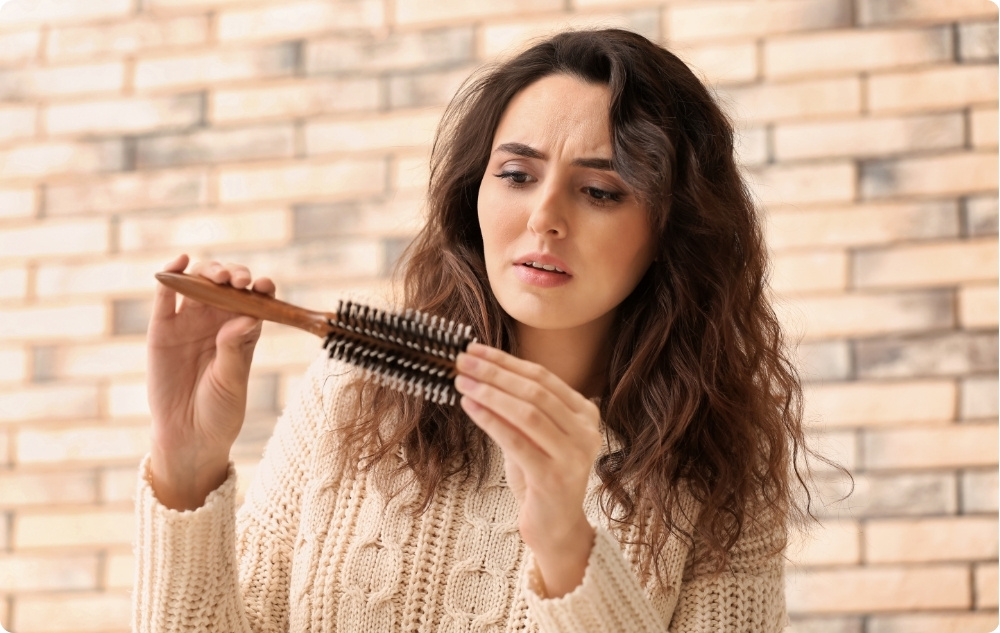
Location of itching
The location of the itch on the scalp can provide additional clues to its cause:
- Generalized itching of the scalp - often caused by dryness, dandruff or allergies;
- Itching behind the ears and at the nape of the neck - a possible sign of lice or a skin infection;
- Localized areas of itching - may be due to fungal infections or psoriasis;
- Itching spreading to the neck and forehead - a possible allergic reaction to cosmetics or pollution.
How do we recognize if there is a serious problem?
While Itchy scalp is often harmless and resolves with proper care, some symptoms require immediate attention:
- Itching that lasts more than two weeks without improvement;
- Open sores that do not heal;
- Purulent inflammation or severe swelling;
- Hair loss combined with redness and itching;
- Spread of itching to other parts of the body.
4. How to Treat an Itchy Scalp?
Treatment for Itchy scalp depends on the specific cause of the problem. In some cases a simple change in hair care is sufficient, while in others medical intervention is required.
It is important to apply the correct method to achieve effective and long-lasting relief.
1. Find the right shampoo
Using the wrong shampoo can worsen the condition of your scalp.
To relieve itching it is important to choose a shampoo that meets the specific needs of your skin.
- Moisturizing shampoos - suitable for dry scalps, contain oils and moisturizing ingredients such as Aloe vera and Glycerin;
- Antifungal shampoos - contain active ingredients such as ketoconazole, salicylic acid or zinc pyrithione which help with dandruff and seborrheic dermatitis;
- Sulfate and paraben-free shampoos - recommended for sensitive scalps as they do not contain harsh chemicals;
- Medicated shampoos - prescribed by a dermatologist in cases of psoriasis or eczema.
2. Lifestyle changes
Lifestyle plays an important role in maintaining a healthy scalp.
Some habits can worsen itching while others help relieve it.
- Avoid hot water - it can dry out the skin and make the itch worse. Use lukewarm or warm water instead;
- Don't overwash your hair - frequent washing can strip away natural oils and lead to dryness;
- Limit styling products - hairsprays, gels and mousses can irritate the scalp;
- Wear a hat in cold weather - cold and wind can dry out the scalp.
3. Medical treatment
If the itching does not go away or worsens, specialized treatment prescribed by a doctor may be necessary.
- Corticosteroid creams and lotions - reduce inflammation and are used in severe cases of dermatitis or psoriasis;
- Antihistamines - help with allergic reactions that cause itching;
- Antibiotic or antifungal medications - prescribed for bacterial or fungal infections;
- Phototherapy - in cases of psoriasis or chronic skin diseases, ultraviolet light is used to reduce symptoms.
4. When should you seek medical attention?
While many cases of Itchy scalp can be resolved with proper care there are situations in which it is imperative to seek medical attention.
- If the itching lasts more than two weeks and does not improve;
- If open sores or crusts appear on the scalp;
- If there is excessive flaking, redness and inflammation;
- If there is sudden and rapid hair loss accompanied by itching;
- If the scalp appears infected or has pus.

5. Home Remedies to Combat Itchy Scalp
Natural remedies are a great way to relieve an Itchy scalp without using harsh chemicals. They are easily available, safe and often produce quick results.
Depending on the cause of the itching, various natural ingredients can help hydrate, soothe inflammation and restore the skin's healthy balance.
1. Chamomile tea
Chamomile is known for its anti-inflammatory and antibacterial properties which can soothe an irritated scalp.
Required ingredients:
- 2 tablespoons dried Chamomile flowers;
- 500 ml water.
How to make it:
- Add Chamomile to boiling water and let it boil for 5-7 minutes;
- Let it cool and strain the liquid;
- After washing your hair, rinse your scalp with the cooled tea;
- Massage gently and do not rinse with water.
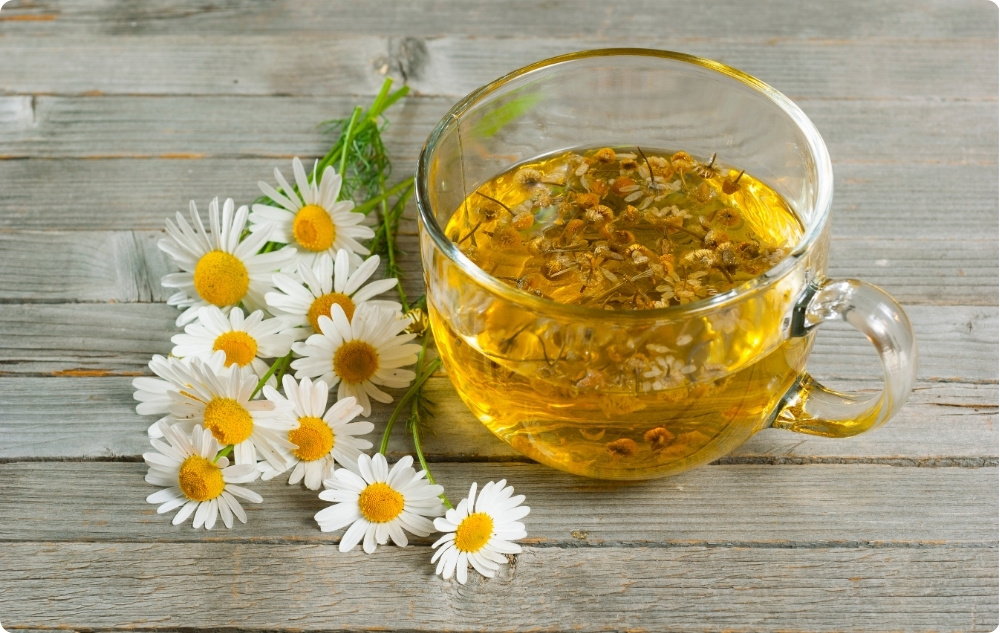
2. Apple Cider Vinegar and Rosemary
Apple cider vinegar balances the pH level of the scalp, while Rosemary stimulates blood circulation and strengthens the hair.
Required ingredients:
- 2 tablespoons Apple Cider Vinegar;
- 1 cup water;
- 1 sprig Rosemary (or 1 tsp dried rosemary).
How to make it:
- Boil the Rosemary in 250 ml of water for 10 minutes and let it cool;
- Strain the liquid and add the Apple Cider Vinegar;
- After washing your hair, apply the solution to your scalp;
- Leave it on for 5-10 minutes then rinse with cool water.
3. Soothing mask with Aloe vera
Aloe vera has a cooling and soothing effect while also hydrating the scalp.
Required ingredients:
- 3 tablespoons of Aloe vera gel;
- 1 tablespoon of Coconut oil;
- 5 drops of Tea Tree oil.
How to make it:
- Mix all ingredients until smooth;
- Apply to scalp and massage gently;
- Leave for 20-30 minutes and wash with a mild shampoo.
4. Dietary changes for a healthy scalp
Nutrition plays a key role in skin and hair health.
Certain nutrients may help reduce itching.
- Omega-3 fatty acids - found in fish, flaxseed and walnuts, help hydrate the skin;
- Biotin (Vitamin B7) - important for hair and skin health, found in eggs, almonds and avocados;
- Zinc - has anti-inflammatory properties, rich sources are pumpkin seeds and chickpeas;
- Vitamin E - maintains skin elasticity, found in sunflower seeds and spinach.
5. Bad habits that worsen the condition of the scalp
Some habits can worsen the condition of the scalp and should be avoided:
- Using aggressive shampoos with alcohol and sulfates;
- Frequent heat treatment (hair dryer, straightener, curling iron);
- Excessive use of dry shampoo which clogs pores;
- Scratching the scalp with your nails which can lead to infections.
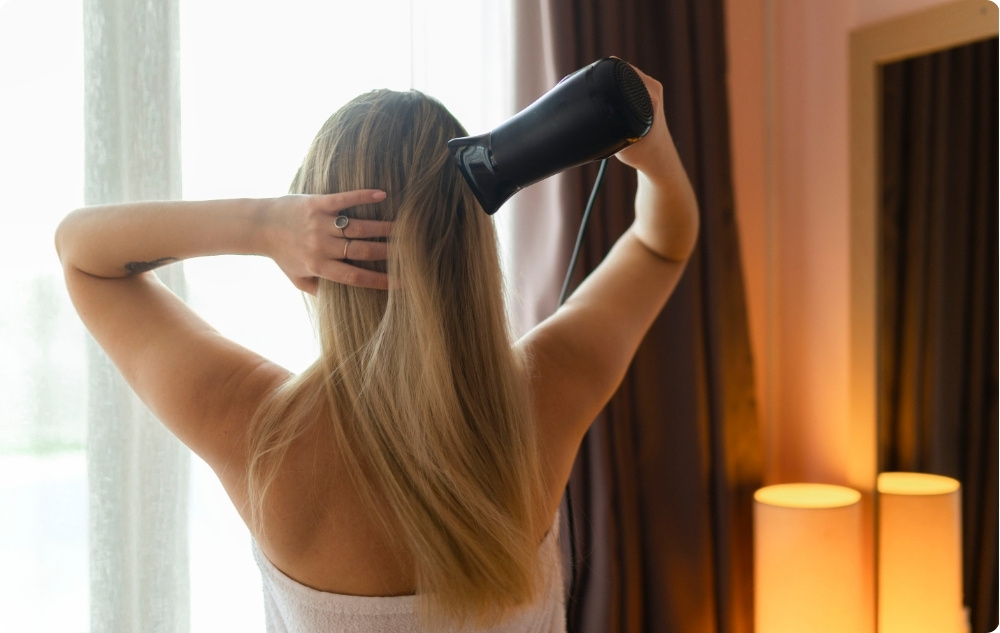
6. How to Prevent Itchy Scalp?
Preventing an Itchy scalp is a better approach than treating it. With proper care, a balanced lifestyle and the use of appropriate products, you can maintain a healthy scalp and avoid unpleasant discomfort.
Here are a few key ways to prevent it:
1. Maintain proper hygiene
One of the main factors for scalp health is good hygiene. Washing your hair too often or too rarely can cause problems.
- Wash your hair according to the needs of your scalp type - if the scalp is oily, washing should be every 2-3 days, and with a dry scalp every 3-4 days;
- Use a mild shampoo without sulfates, alcohol and parabens;
- Avoid hot water - it dries the skin and can cause additional irritation.
2. Select the right hair products
Using the right products is essential for maintaining a healthy scalp balance.
- Shampoos with natural ingredients - look for products with Aloe vera, oils and herbal extracts;
- Avoid heavy styling products - gels, waxes and hairsprays can clog the pores of the scalp and cause itching;
- Don't overdo it with dry shampoo - its frequent use can lead to a build-up of residue on the scalp.
3. Follow a balanced diet
Food has a direct impact on the condition of your skin and hair. Consuming beneficial nutrients helps maintain a healthy scalp.
- Drink plenty of water - hydration is essential for a healthy scalp;
- Eat foods rich in Omega-3 fatty acids - fish, flaxseed and walnuts help maintain the skin barrier;
- Increase your intake of vitamins - vitamins A, B, C, D and E contribute to healthy hair growth and reduce the risk of dryness and irritation;
- Avoid excessive consumption of sugar and processed foods as they can cause inflammation in the body.

4. Protect the scalp from external factors
Various external factors can irritate the scalp and lead to itching.
- Sun protection - prolonged exposure to the sun without protection can lead to burns and dehydration of the skin. Wear a hat or use UV-protective hair sprays;
- Avoid pollution - dust and dirt can accumulate on the scalp. Rinse your hair after exposure to heavily polluted environments;
- Protect yourself from cold winds - in winter, cold air can dry out the scalp. Wear a hat and use moisturizing oils.
5. Control stress
Stress is one of the main factors that can cause or worsen an Itchy scalp.
- Get enough sleep - lack of sleep can disrupt hormonal balance and exacerbate skin problems;
- Physical activity - regular exercise improves blood circulation and reduces stress.
6. Avoid aggressive cosmetic procedures
Some cosmetic procedures can cause scalp irritation and lead to itching.
- Do not dye your hair too often - the chemical ingredients in dyes can irritate the scalp;
- Avoid frequent use of heat tools - straighteners, curling irons and hairdryers can dry out the scalp;
- Do not do aggressive chemical treatments - permanent straightening or curling can lead to hypersensitivity of the scalp.
7. Conclusion
An Itchy scalp can be caused by a variety of factors including dryness, infections, allergies and skin diseases.
Proper care, choosing the right products and a healthy lifestyle can significantly reduce discomfort and prevent the problem.
If the itching is prolonged, intense or accompanied by other symptoms such as hair loss or inflammation, it is important to seek medical attention.
SOURCES:
1. MedicalNewsToday: What may cause an itchy scalp with no dandruff? (11.04.2025)

